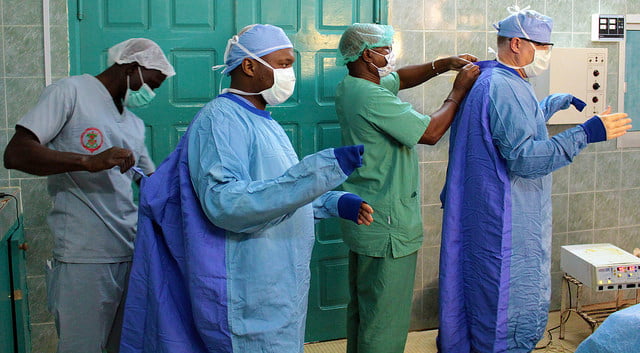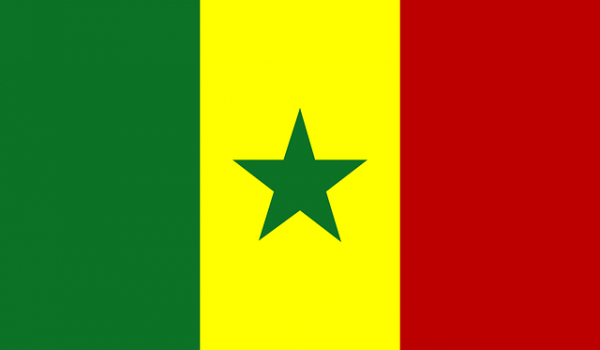In March, Senegal implemented a “Sésame plan” aimed at providing senior citizens with full health coverage, a significant step towards improving the elderly’s life quality.
The Sésame plan cements the Senegalese government’s commitment to elderly citizens
With people aged 60 and more accounting for 10% of the Senegalese population, taking steps towards implementing age-appropriate solutions is essential.
The foundations were laid in 2006, when former-president Abdulaye Wade started taking measures towards guaranteeing free access to healthcare for senior citizens ; such measures were part of the so-called “Sésame plan“. Its implementation was not without difficulties, especially from a financial standpoint : in 2013, the operation had already accumulated the equivalent of a 6-million euro debt. President Macky Sall, elected in 2012, has since managed to restore the plan’s financial balance by increasing its allocated budget.
The crux of the matter does not lie solely in granting free access to healthcare, but also in ensuring that health care services are available to rural populations. The capital is currently the only city boasting sophisticated examination devices, such as MRI scanners. In order to remedy the medical isolation of rural areas, the plan also intends to take action on a national scale : within three years, six geriatric centres were created in provinces : “In remote regions, every retired citizen must have access to the very best care and be received in the same conditions as Dakar“, sanctioned Dr Souleymane Diallo, director of Senegal’s pension institute’s (IPRES) health care centre. Before the plan was implemented, 70% of citizens did not have access to any social protection system.
But elderly care still suffers some shortcomings

The Sésame plan is a great leap forward for Senegal’s senior citizens ; yet elderly care still suffers significant shortcomings in the country, first and foremost, the lack of professionals specializing in elderly care. To this date, the country only boasts eight geriatricians, while two others are still in training.
Senegal has been making every effort to fill the gap. Dakar University Cheikh Anta Diop opened a geriatrics course in 2012, under co-supervision by the universities Paris XIII and Joseph Fourrier in Grenoble. This two-year course is open to students and professionals from paramedical backgrounds. General practitioners can also pursue a degree in Gerontechnology, while another degree caters to specialists.
The rise of a “grey power” in Senegal?
A political party for the elderly could be in the making. Abdoulaye Diagne published a guest column in the online paper Quotidien.sn calling for the creation of a “grey power […] for elders and by elders” dedicated to giving elderly citizens a political voice and ensuring their wellbeing.
Published by the Editorial Staff on

